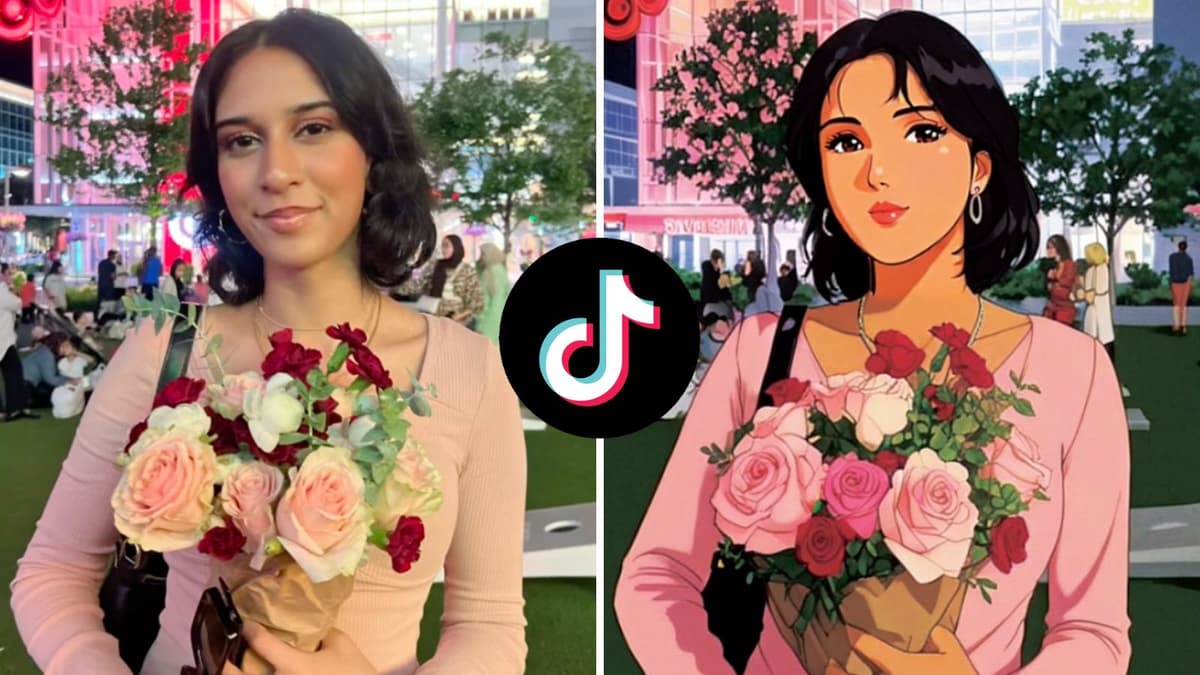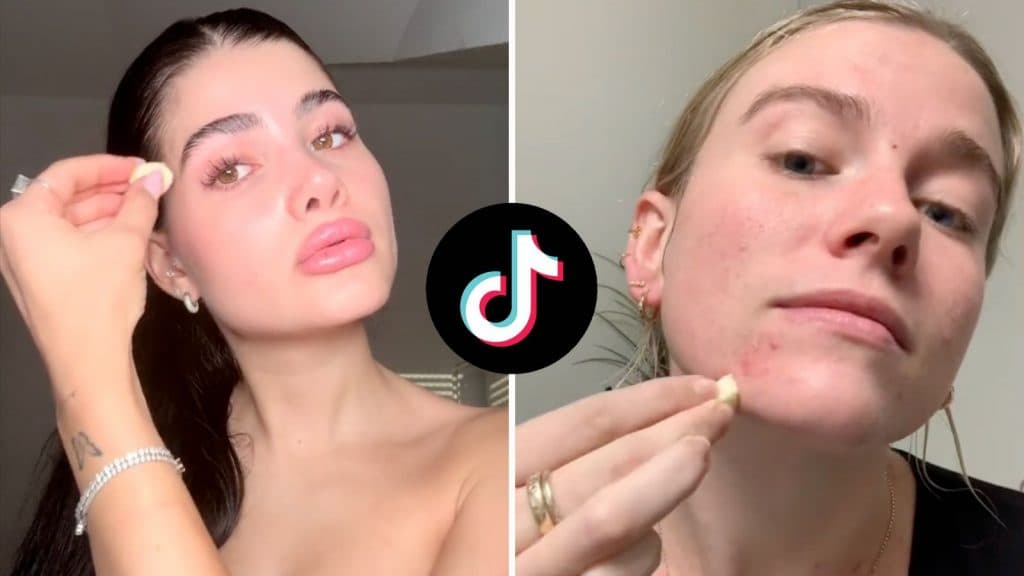Internal reports from TikTok which were accidentally unredacted show that the app’s algorithm pushes content from more attractive people, while reducing visibility of “unattractive” users.
Amid an ongoing lawsuit against TikTok filed by 14 States, led by California and New York, previously redacted internal documents have become public.
This internal research conducted by TikTok focused on the potential harmful effects of their app on young people. According to NPR, the information became public when Kentucky Public Radio realized that by simply copying and pasting sections of the court filings into a new text file, the redacted text became unredacted.
Among revelations such as it takes only 35 minutes to become addicted to TikTok, were other details about the algorithm, and how it pushes more attractive people.
When “a high volume of not attractive subjects” were found to be populating For You pages, TikTok reportedly altered things. The internal report claims that TikTok knowingly tweaked their algorithm to “amplify users the company viewed as beautiful.”
And for those deemed not attractive? The documents claim they apparently pushed them down the pecking order, and “took active steps to promote a narrow beauty norm even though it could negatively impact their Young Users,” according to Kentucky authorities.
Some TikTok beaty trends include rubbing garlic on one’s face – which experts have warned against.
This is not the first time TikTok has been accused of pushing videos of more beautiful people on the For You page algorithm. Back in 2021, a swathe of beauty-related trends became all the rage, including plastic surgery transformations, and beauty filter effects.
A new beauty trend even suggests rubbing garlic on your face, something experts have now warned against.
Other revelations from the leaked documents include that 95% of smartphone users under the age of 17 regularly use TikTok – at least once a month.
It’s also claimed that TikTok knew internally that using the app often had a negative on things like “essential personal responsibilities like sufficient sleep, work/school responsibilities, and connecting with loved ones.”
An unnamed TikTok exec is quoted as saying the app’s algorithm can prevent users from “sleep, and eating, and moving around the room, and looking at someone in the eyes.”
However, a spokesperson for the company has hit back at NPR’s reporting, claiming it “cherry-picks misleading quotes and takes outdated documents out of context to misrepresent our commitment to community safety.”
 TIKTOK: isleepfortheweak
TIKTOK: isleepfortheweakSome filters are just for fun, but some believe beauty filters are harmful for young people.
The lawsuit against the platform from more than a dozen Attorneys General is ongoing.
California AG Rob Bonta alleges, “TikTok intentionally targets children because they know kids do not yet have the defenses or capacity to create healthy boundaries around addictive content.”
He added that the app “must be held accountable for the harms it created in taking away the time, and childhoods, of American children.”
New York’s Attorney General, Leticia James, is focusing particularly on the harmful effects of beauty filters. “Beauty filters have been especially harmful to young girls,” James said. “Beauty filters can cause body image issues and encourage eating disorders, body dysmorphia, and other health-related problems.”
TikTok spokesman Alex Haurek responded, describing the lawsuit’s claims as misleading. “We provide robust safeguards, proactively remove suspected underage users, and have voluntarily launched safety features such as default screentime limits, family pairing, and privacy by default for minors under 16.”

